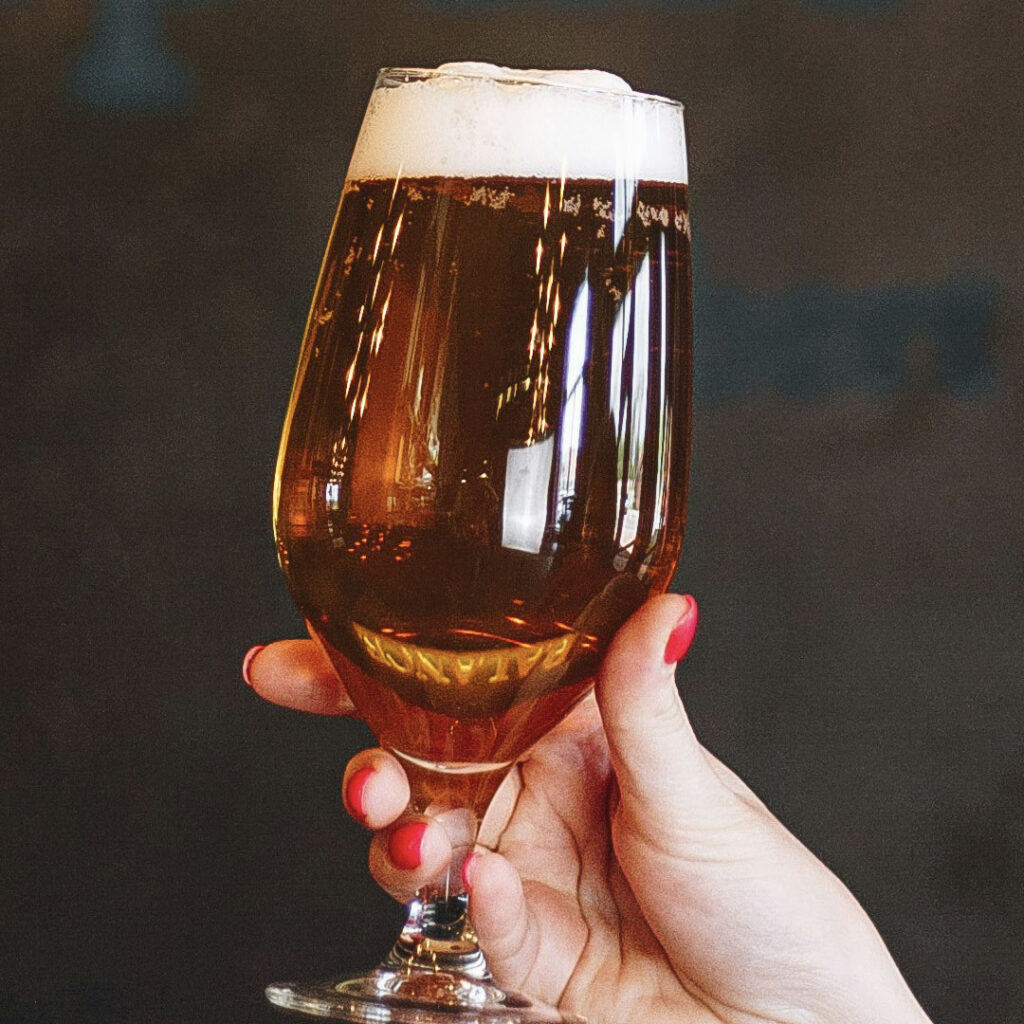The craft beer revolution has revived many historical styles, including the nearly forgotten Kuit – also known as Koyt, Kuyt, or Koite. This uniquely Dutch beer once dominated the brewing scene but faded into obscurity. Now, it’s making a well-deserved comeback.

A glimpse into the past
In the thirteenth century, Dutch beer was nothing like today’s brews. Brewers used mostly oats, sometimes adding wheat, but hops remained unknown. Instead, they flavoured and preserved their beer with Gruyt, a mix of local herbs. This created a light, refreshing drink that fuelled daily life.
The introduction of hop
When the Dutch government taxed Gruyt, brewers looked for alternatives. By the fourteenth century, hop arrived as a cheaper and more effective option. They embraced it immediately, despite the government adding hops to the tax list soon after. This change reshaped brewing forever.
Meanwhile, Hamburg brewers replaced oats with barley, creating crisp white beers that surged in popularity. The Dutch responded with their own version – Kuit. They crafted it using three parts oat, two parts barley, and one part wheat. Historians believe it ranged from 4% to 6% ABV.
Golden Age of Kuit
Kuit quickly became the beer of choice in cities like Delft, Gouda, and Haarlem. Brewers produced it on a massive scale, shipping it across northern Europe. But by the seventeenth century, Lagers took over the Dutch market. Grain prices soared, forcing brewers to weaken Kuit into a thin Table Beer. Soon, it disappeared.
The only recognised Dutch beer style
Unlike Belgium (Wit, Blonde, Dubbel, Tripel) or Germany (Pilsner, Bock, Weizen), the Netherlands has few distinct beer styles. In fact, Kuit is the only Dutch style officially recognised by the Brewers Association.
Today, modern brewers are reviving this lost classic. While original oat varieties no longer exist, today’s Kuit remains true to tradition. Though mostly brewed in the Netherlands, you can now find it in Russia and the United States.
Brewing Kuit today
Want to experience the nearly forgotten Kuit yourself? We recommend using Swaen Naked Oat, Swaen Dutch Pale Ale, and Swaen Wheat Classic. For an authentic result, choose noble hop varieties and neutral yeast strains. You can find our recipe here.


